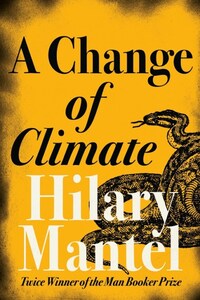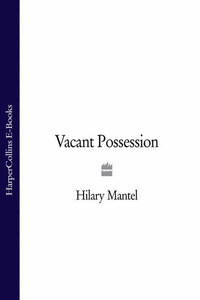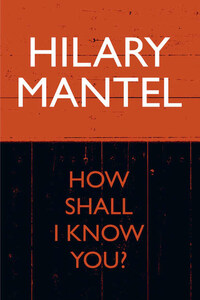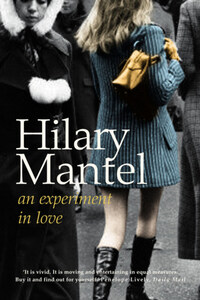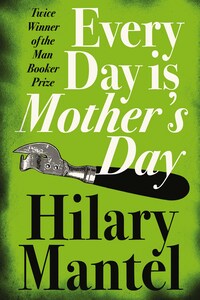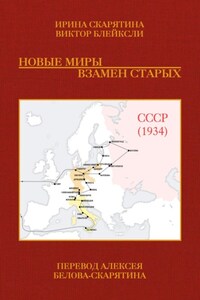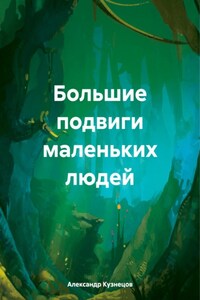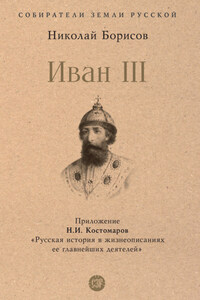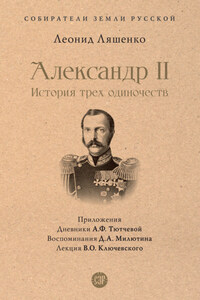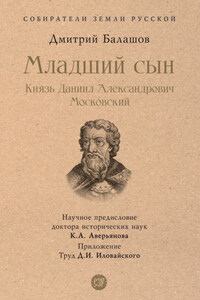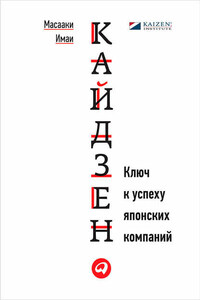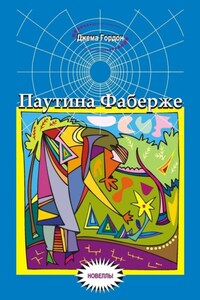Fourth Estate
An imprint of HarperCollinsPublishers 1 London Bridge Street London SE1 9GF
www.harpercollins.co.uk
This edition published by Fourth Estate 2010
First published by Viking 1994
Copyright © Hilary Mantel 1994 PS section © Sarah O’Reilly 2010
PS™ is a trademark of HarperCollinsPublishers Ltd
Hilary Mantel asserts the moral right to be identified as the author of this work
The lines from W.H. Auden’s As I Walked Out One Evening’ are reprinted from Collected Poems by W.H. Auden, edited by Edward Mendelson, by kind permission of Faber & Faber.
A catalogue record for this book is available from the British Library
This novel is entirely a work of fiction. The names, characters and incidents portrayed in it are the work of the author’s imagination. Any resemblance to actual persons, living or dead, events or localities is entirely coincidental.
Find out more about HarperCollins and the environment at www.harpercollins.co.uk/green
All rights reserved under International and Pan-American Copyright Conventions. By payment of the required fees, you have been granted the non-exclusive, non-transferable right to access and read the text of this e-book on screen. No part of this text may be reproduced, transmitted, downloaded, decompiled, reverse engineered, or stored in or introduced into any information storage and retrieval system, in any form or by any means, whether electronic or mechanical, now known or hereinafter invented, without the express written permission of HarperCollins e-books.
Source ISBN: 9780007172900
Ebook Edition © APRIL 2010 ISBN: 9780007354948
Version: 2018-10-30
This book is sold subject to the condition that it shall not, by way of trade or otherwise, be lent, re-sold, hired out or otherwise circulated without the publisher’s prior consent in any form of binding or cover other than that in which it is published and without a similar condition including this condition being imposed on the subsequent purchaser.
All the characters in this book are fictitious, except that of the Archbishop of Cape Town, which is based on his real-life counterpart, Geoffrey Clayton. I have used some of his words, taken from writings and sermons.
The settlement of Mosadinyana is fictional. The township of Elim is invented too, but I am indebted to the memoirs of Hannah Stanton, who served in the township of Lady Selborne.
Cases similar to that of the Eldreds may be found in the Law Reports of Botswana.
Charles Darwin, The Descent of Man, 1871:
‘We are not here concerned with hopes and fears, only with the truth as far as our reason allows us to discover it. I have given the evidence to the best of my ability…’
Job 4:7:
‘Consider, what innocent ever perished, or where have the righteous been destroyed?’
One day when Kit was ten years old, a visitor cut her wrists in the kitchen. She was just beginning on this cold, difficult form of death when Kit came in to get a glass of milk.
The woman Joan was sixty years old, and wore a polyester dress from a charity shop. A housewifely type, she had chosen to drip her blood into the kitchen sink. When Kit touched her on the elbow, she threw down the knife on to the draining board and attempted with her good hand to cover Kit’s eyes.
By this stage in her life Kit was not much surprised by anything. As she ducked under the woman’s arm she thought, that’s our bread-knife, if you don’t mind; but she said, ‘You shouldn’t be doing that, Joan, why don’t you come away from the sink, why don’t you sit down on this chair and I’ll get the first-aid kit?’
The woman allowed herself to be led to a chair at the kitchen table. Kit pulled a clean tea-towel out of a drawer and wrapped it around Joan’s wrist. The towel was a checked one, red and white; Joan’s reluctant blood seeped black against the cloth. Her cuts were light, early, indecisive: the practice cuts. ‘Just wiggle your fingers,’ Kit said, ‘make sure you haven’t done any damage.’ The woman looked down at her hand in dry-eyed dread, while the child scrambled on a stool and brought down a box from a cupboard.
‘Lucky it’s half-term,’ Kit said, unpacking the bandages and the round-ended scissors. ‘Otherwise I wouldn’t have been here. I was upstairs. I was reading a book. It’s called Children of the New Forest. Have you read it? It’s about a family like ours, two boys and two girls, but they live a long time ago, in the olden days.’
I’m all fingers and thumbs, she thought. She heard her voice, running on. She was learning first aid at school. They told you, ‘Reassure the patient.’ ‘They live in the forest by themselves.’ Joan nodded: again her dumb dazed nod. ‘They’re Royalists. They have to hide from their enemies.’
